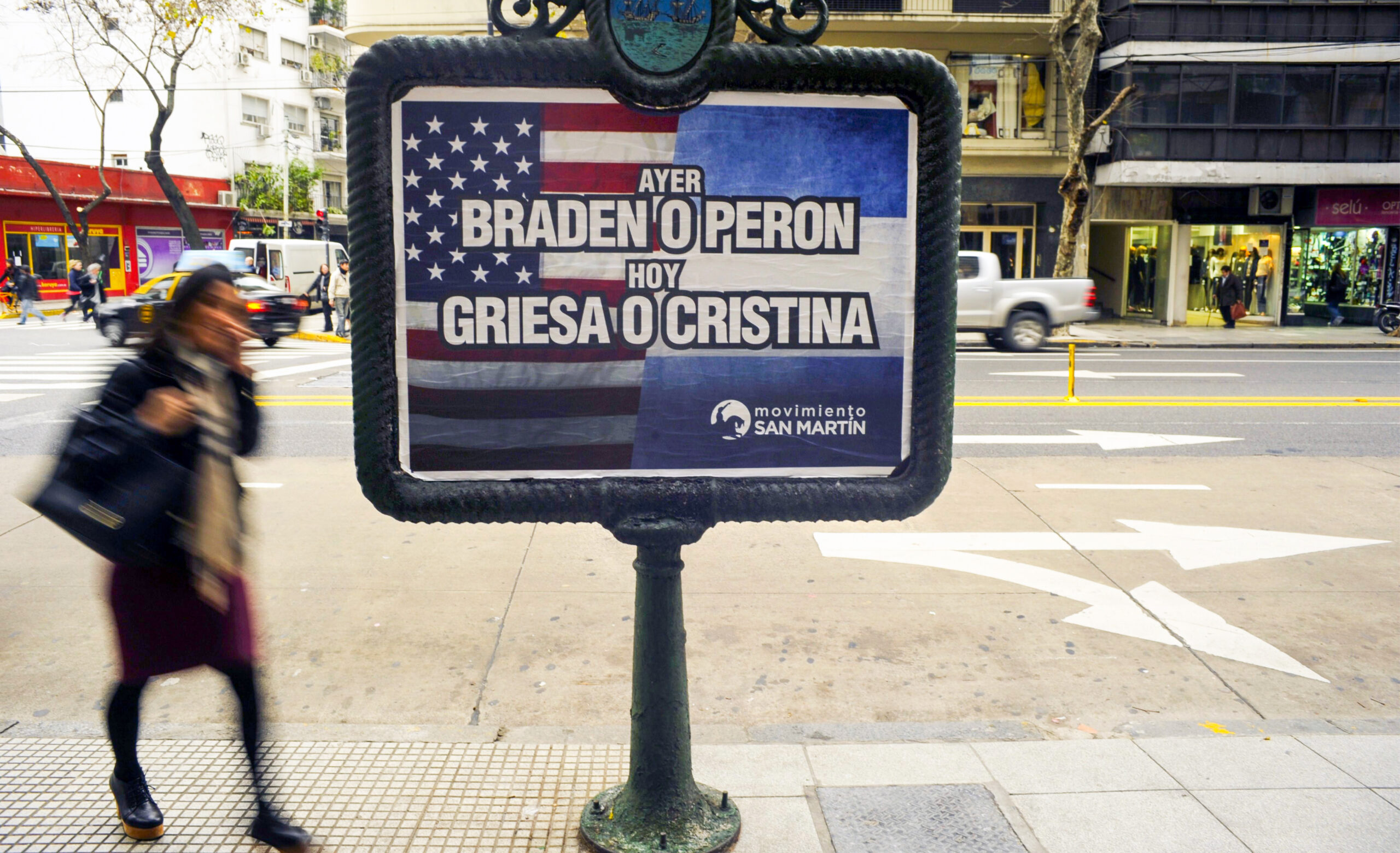Venezuela's Inflation Woes
Venezuela's Inflation Woes
Caracas began the year by knocking zeros off its currency, but experts say the move won’t keep inflation in check. A cabinet shuffle and the currency change came a month after voters rejected an overhaul of the constitution.
British Model Naomi Campbell visited Caracas recently to conduct a GQ interview with President Hugo Chavez, touching on subjects ranging from the leader’s pick for best-dressed Latin American president to Chavez’s muscle tone. Yet, despite the glitz associated with chatting with supermodels, the interview came at the end of a less-than-glamorous week for Venezuela’s sinking currency. In an effort to confront high inflation rates, Caracas lopped three zeros off its currency, renaming it the “Bolivar Fuerte”.
Venezuelan inflation was the highest in Latin America in 2007, hitting more than 22 percent and far outpacing the 12 percent goal announced by Chavez’s government early last year. Many experts blame inflation on the administration’s free spending of petroleum profits. But Caracas opted to reform its currency in March as an anti-inflationary measure rather than end spending on social programs. The official exchange rate pegs the Bolivar Fuerte at 2.15 to a $1 in contrast to the old currency’s rate of 2,150 to $1. However, the black market rate runs closer to 5.60 to $1. The Venezuelan government imposed currency controls in 2003 and has insisted that it will not devalue the currency to bring it in line with the unofficial rate. Caracas has also imposed price controls on certain food products, resulting in widespread shortages on goods such as milk and sugar.
Days before the currency switch, Venezuela’s outgoing Finance Minister Rodrigo Cabezas spoke highly of the move during a television interview, saying the Bolivar Fuerte would help stem the country’s history of inflation and price instability. But some have criticized the currency switch. José Guerra, a former chief economist at Venezuela’s central bank told the Financial Times the change is “a dangerous move” that will not stop price hikes and could cause further inflation. Latin Business Chronicle predicts Venezuela will post the world’s fourth-highest rate of inflation in 2008, with only Zimbabwe, Eritrea, and Myanmar pulling ahead.
The currency adjustment was not the only change overseen by Chavez at the beginning of the New Year. Less than a month after voters rejected his overhaul of the Venezuelan constitution, the leader reshuffled his cabinet and promoted a housing minister as his new vice president. The Wall Street Journal says Chavez’s reorganization will “elevate quiet problem-solvers into positions heretofore held by ideological stalwarts.” During his weekly television show, Chavez said he would ease off of pushing his agenda for “21st Century Socialism” to focus on the problems of inflation, corruption, and crime.






